The Importance of Face Masks and the Tragedy of Downplaying Them
Let's start all over again about face masks. The noise about them is a Judas Priest blare. Can we turn down the volume for a moment?

Send us a link
Let's start all over again about face masks. The noise about them is a Judas Priest blare. Can we turn down the volume for a moment?

A case in Nevada has spurred new concerns that people who have recovered from the infection may still be vulnerable. That's unlikely, experts say.

Politics has thoroughly contaminated the scientific process in 2020. The result has been an epidemic of distrust, which further undermines the nation’s already chaotic and ineffective response to the coronavirus.
COVID-19 has highlighted the need to work with researchers all around the world at the same time that it has also exposed the inequalities in the global research and knowledge system.
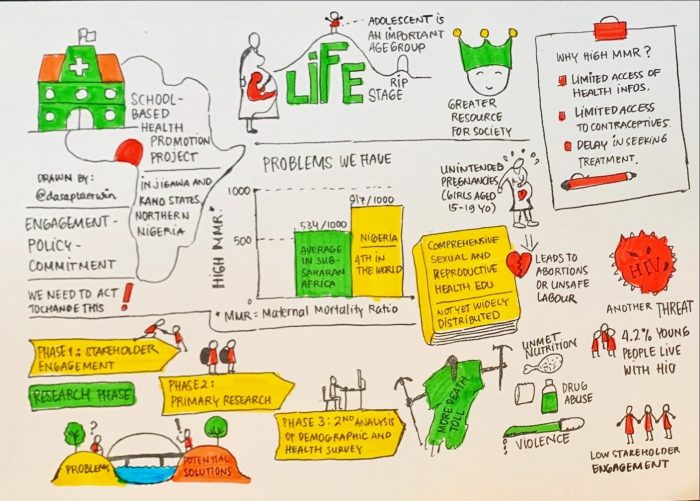
Beijing joins initiative against 'vaccine nationalism' in contrast to US, which is not part of alliance.

This week, President Donald Trump extolled the cutting-edge coronavirus treatments he received as "miracles coming down from God." If that's true, then God employs cell lines derived from human fetal tissue.

In an unprecedented move, the New England Journal of Medicine on Wednesday published an editorial written by its editors condemning the Trump administration for its response to the Covid-19 pandemic - and calling for the current leadership in the United States to be voted out of office.
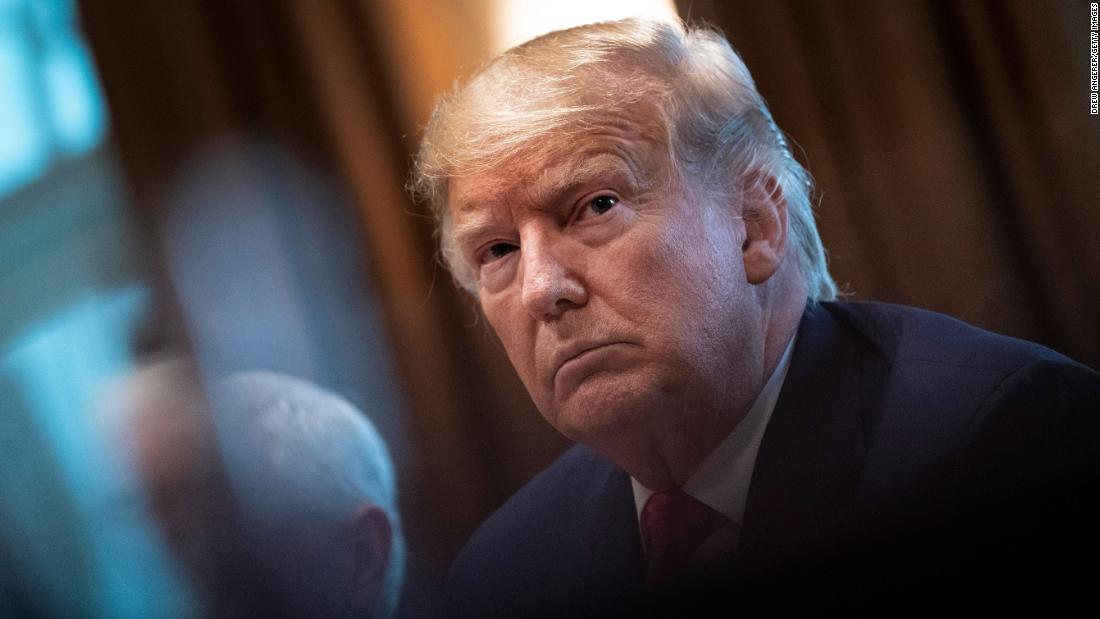
The science supports that face coverings save lives, and yet the debate trundles on. How much evidence is enough?
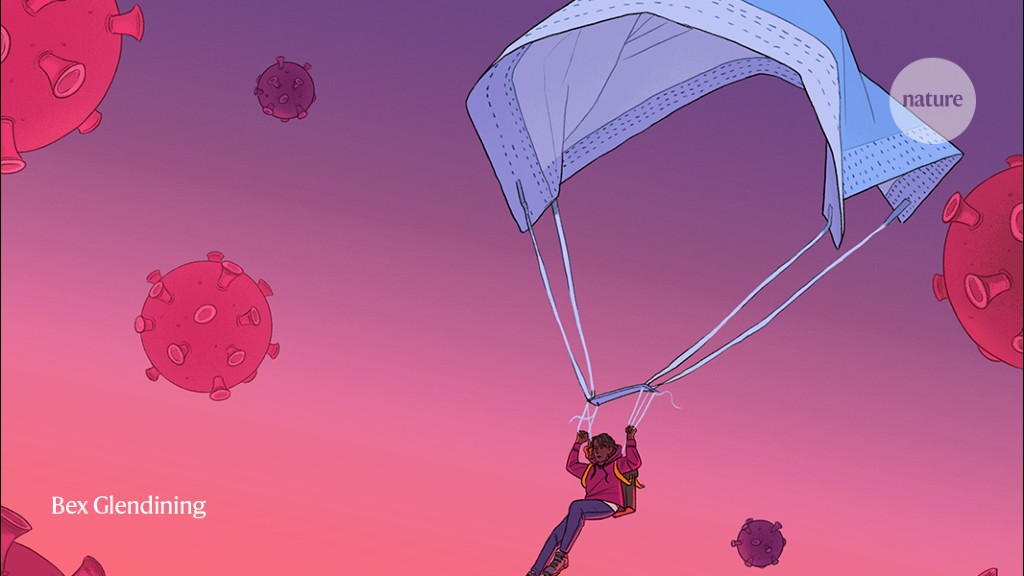
As the rush intensifies to find ways to treat and manage COVID-19, one thing is clear: researchers, along with their counterparts in industry and the health services, need unrestricted access to the research literature.
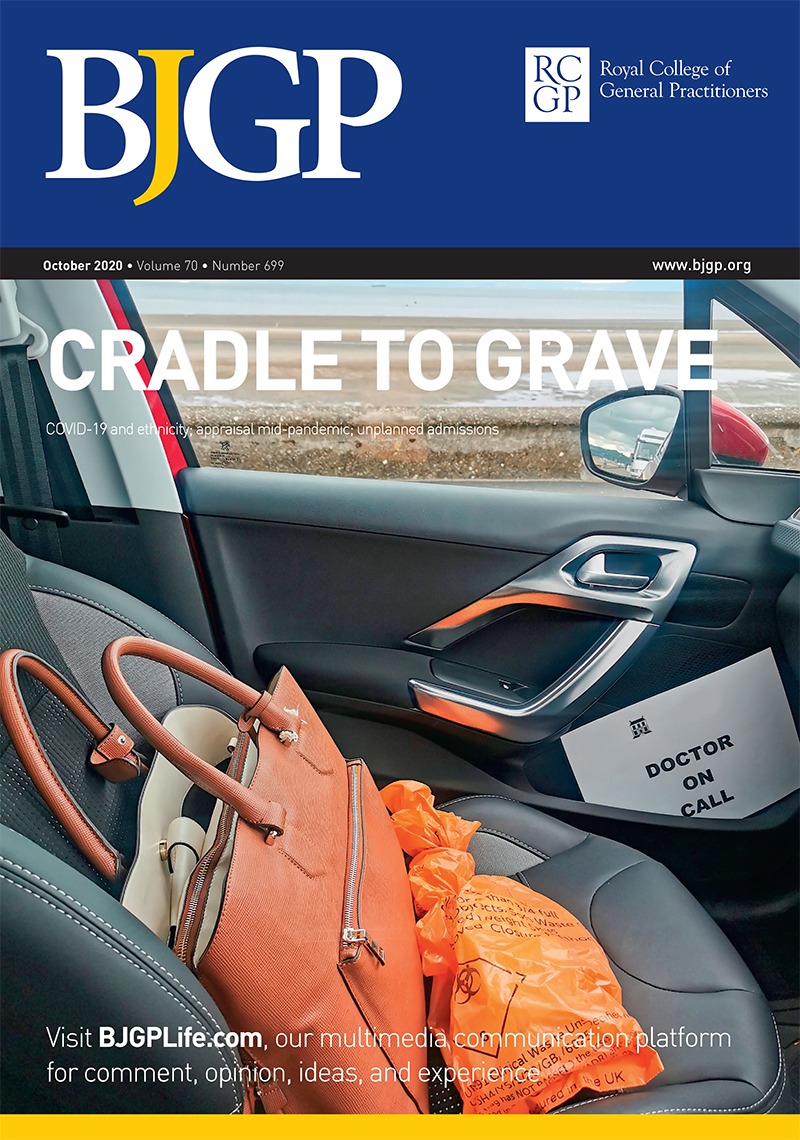
In another candid interview, the NIAID director explains how he tries to counters White House optimism with "reality".
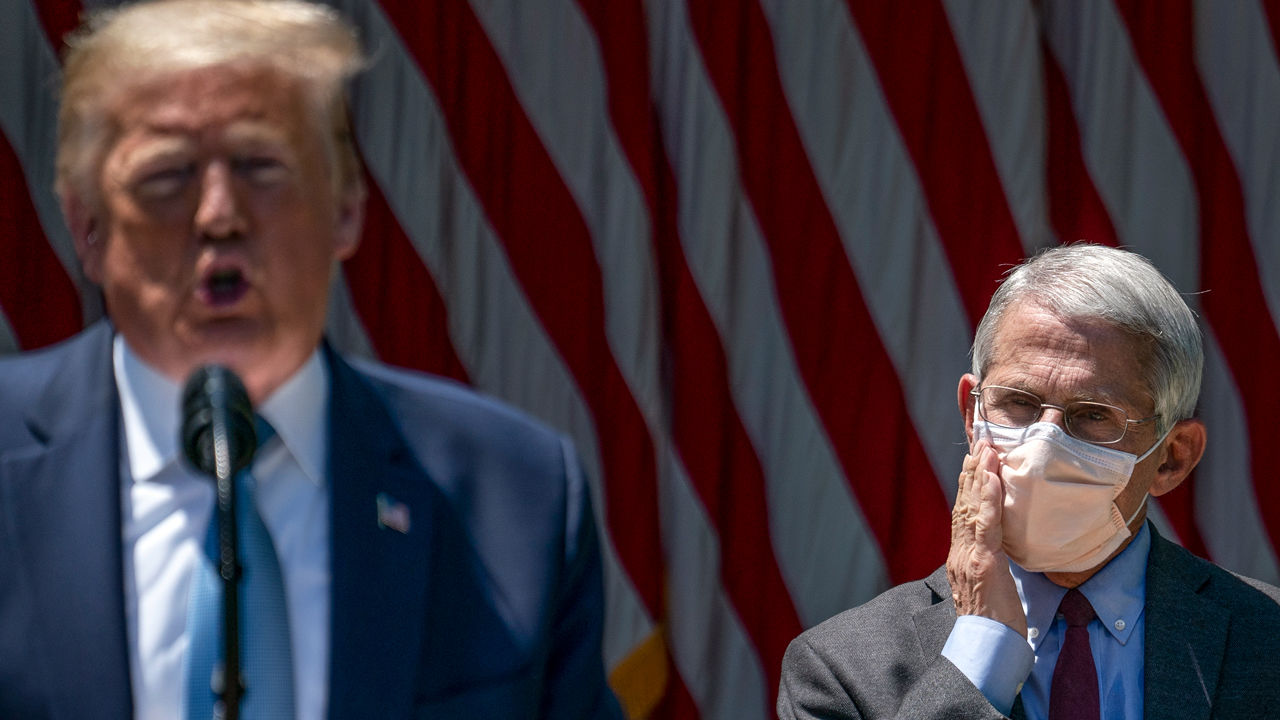
An updated list of potential treatments for Covid-19.
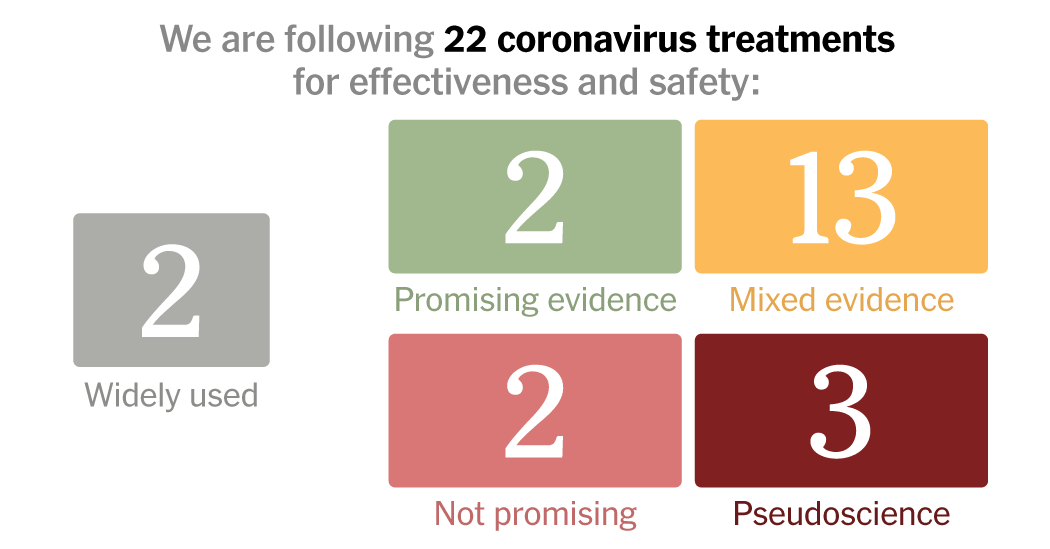
FAQs on Protecting Yourself from COVID-19 Aerosol Transmission Shortcut to this page: https://tinyurl.com/FAQ-aerosols Version: 1.78, 1-Oct-2020 Click here to jump over the scientific & historical details and go straight to the recommendations, Click here for automatic translation into many la...
The COVID-19 syndemic is entering its most dangerous phase. There is a mounting breakdown of trust. Not only between politicians and the public. But also among politicians and publics with science and scientists. This breach of faith with science is far more threatening.
A major non-profit health emergencies group has set up a global laboratory network to assess data from potential COVID-19 vaccines, allowing scientists and drugmakers to compare them and speed up selection of the most effective shots.
It's not R. But unless you’ve been reading scientific journals, you’re less likely to have encountered k, the measure of the dispersion of the virus.

New antigen tests will help tackle a dangerous inequality, says Charlotte Summers, lecturer in intensive care medicine at the University of Cambridge

Even as faculty members are given more time to meet a deadline for tenure, many say they are getting less work done because of child care needs.
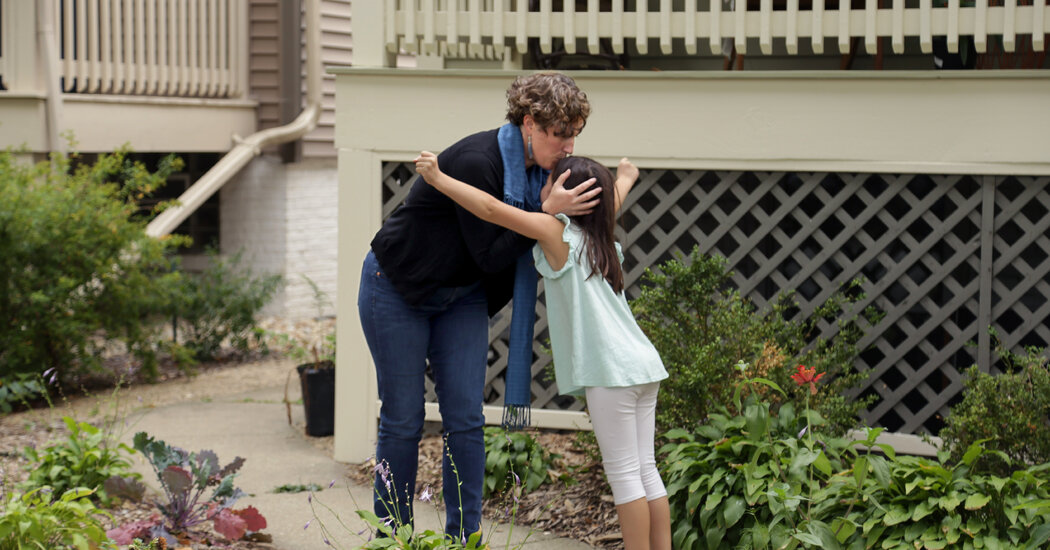
Public trust in a potential vaccine is under threat. Drug companies and their academic partners must disclose protocols and results data.
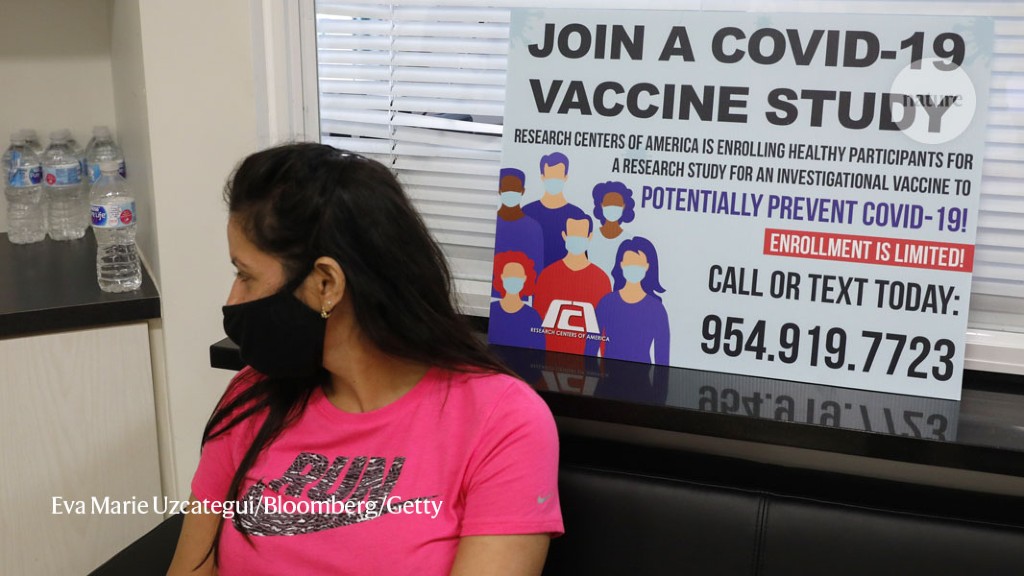
Researchers warn that vaccines could stumble on safety trials, be fast-tracked because of politics or fail to meet the public's expectations.
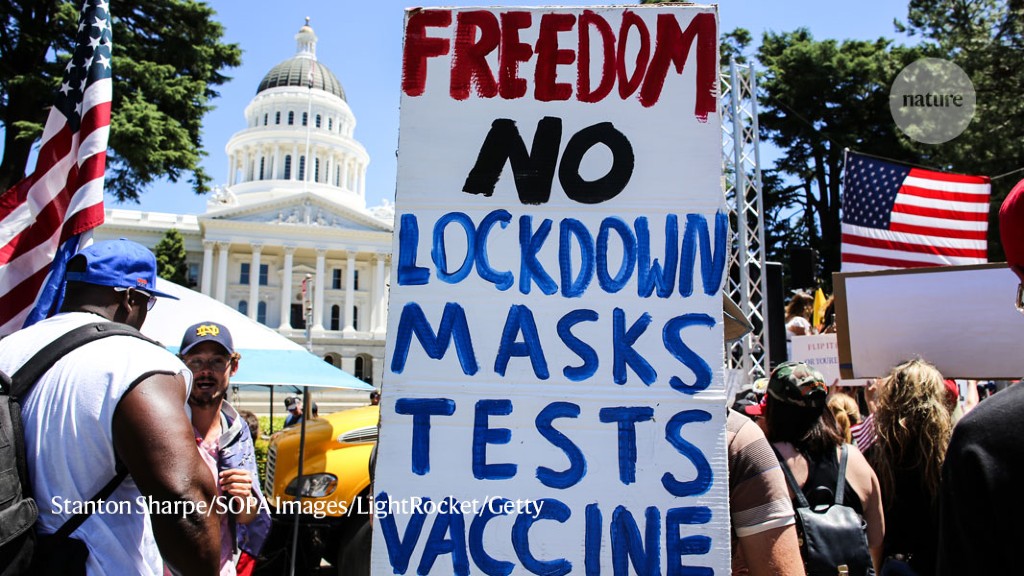
One of the UK’s leading public health experts has warned that universities should be two-thirds empty in order to prevent massive spikes in coronavirus infections across campuses.

Therapies and vaccines will come, but not for many months. Until then, politicians will have to work on the basics
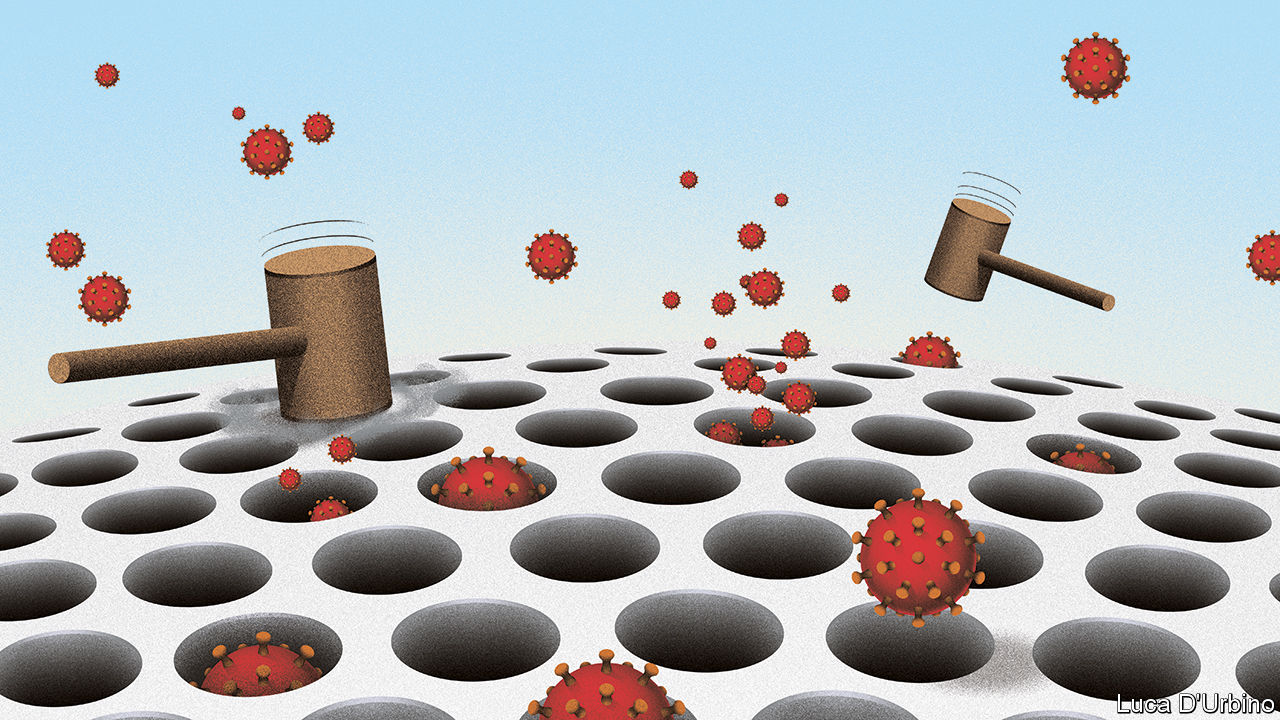
COVID-19 has led to rapid and open sharing of research outputs. But will this new, radically open research communications paradigm result in permanent change?
